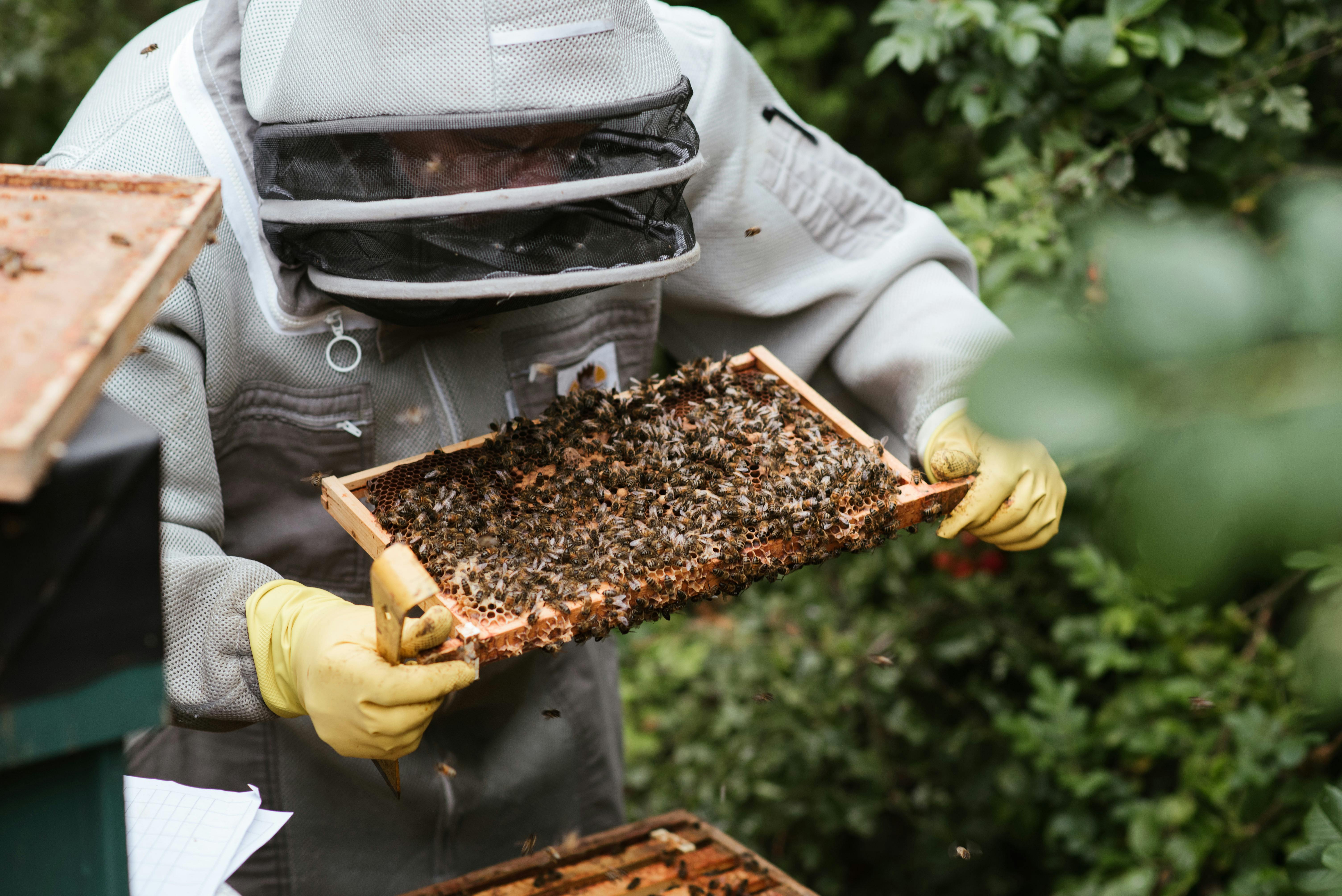How Much Is Distillery Equipment Manufacturer Worth?
Last year, the number of craft distilleries grew nationwide by more than 15 percent and sales volume increased by almost 24 percent. The industry’s growing popularity has been great for business for companies that manufacture and install distilling equipment.
One example is NexGen, which started out as a mechanical contractor and has since helped breweries and distillers with new equipment and process piping. The company is now fabricating three stills for Wonderland Distilling Co. in Muskegon.
Stills
A distillery is a hazardous work area that requires special equipment and safety measures. The equipment is designed for a high-pressure environment, so it must meet specific NFPA and ATEX standards to protect against explosions. In addition, the area is a flammable zone, so it must be equipped with proper lighting and warning systems. The equipment must also be compatible with the chemicals being distilled.
Manufacturer of distillation and vacuum equipment for food, pharmaceutical, medical, biopharmaceutical and other industries. Products include distillation vaporizers, stainless steel still columns, condensers, pressure tanks and vacuum vessels. Custom fabrication and turnkey systems integration available. ISO 9001:2015 certified.
Scott Whitaker, founder of NexGen Mechanical Solutions LLC in Muskegon, Michigan, is making his mark as a supplier to the growing craft distilling industry. His company specializes in manufacturing and installing custom, American-made stills and other equipment. Last year, Wonderland Distilling of Muskegon tapped NexGen to build its two 100-gallon stills after seeing the craftsmanship on a smaller, prototype 100-gallon still Whitaker made for another local distillery. “Scott is well respected from a welder/manufacturer standpoint in the Michigan craft scene,” said Wonderland co-owner Allen Serio. “He’s done a lot of work for breweries and distilleries.” The business is bootstrapped, and Whitaker is trying to balance building and running his company while also meeting the needs of his clients.

Mash Tuns
A lot of time and money is needed to get a distillery up and running. In fact, Thoroughbred Spirits Consultants, a company that specializes in helping start-ups get off the ground, estimates it takes a minimum of $3-5 million to launch a distillery. But, despite the financial investment getting started isn’t impossible.
The most important piece of equipment for any distillery is a still. Until recently, options were limited to expensive towering copper vessels built in Germany and the U.S. but now there are a number of companies that offer cheaper, smaller versions of the still that are a good fit for a small startup.
Other essential pieces of equipment include a mash tun and a boiler. The mash tun is where the grain is mixed with water to create the mash that will eventually be distilled. “Mash tuns can be expensive, but it is a necessary part of the process,” Haik says. “Without a mash tun you can’t make booze.”
Other essential equipment includes hydrometers for measuring starting and final gravity, drums for fermenting and a series of tanks to hold the finished product. It’s a good idea to buy specialized equipment for each step of the distillation process rather than buying one-size-fits all units. For instance, a stainless steel tank for fermenting is more durable than a fiberglass one.
Boilers
When it comes to commercial Distillery equipment manufacturer, a boiler is a must. It warms up the mash to a point that makes it easier to mix, which is essential in brewing beer and other spirits. It also helps neutralize some of the sulfur compounds that form during fermentation, which can negatively affect taste and aroma. The best option for the beginner stillmaker is copper, which conducts heat more efficiently than stainless steel and costs less to purchase.
A manufacturer of standard and custom chemical, oil/gas and solvent distillation equipment. Products include trays, reboilers, condensers, stripping and enriching sections used for solvent, alcohol and essence recovery. Design, fabrication, process modeling and lab testing services are available. Also offers rotary evaporators and vapor recompression systems. Serves the agricultural, pharmaceutical, biopharmaceutical, food processing, renewable fuel and CBD oil industries.
As you plan your own distillery, it is important to consider all of the processes that will take place and their safety requirements. In general, the International Building Code and resulting state codes dictate that any operations that produce class 1B or 1C flammable liquids must live in a hazard zone (H-3). That includes the distilling operation itself as well as storage tanks for the distilled liquid. The non-hazardous operations such as the mash cooking and fermenting should live in a different area or building.
Tanks
Distillers must have tanks for fermentation and storage, as well as bottling their spirits. They also need a mash tun and boiler to create the liquid that will run through their stills.
Haas, who runs New Orleans distillery Atelier Vie, explains that purchasing equipment for a start-up can be pricey. He recommends that new distillers keep growth in mind with all their purchases and look for equipment that has a lot of potential for expansion. He uses a combination of local providers, online retailers and the McMaster-Carr manufacturing equipment catalog to source his supplies.
Many manufacturers offer a variety of tank supplies to fit the specific needs of craft distilleries. For example, some provide insulated tanks for fermenting and storing liquids. Others offer meter options to monitor pressure levels in tanks and help minimize loss over time. They also offer tank stands and other accessories that allow a distiller to make the most of their space.
Other manufacturers offer scientific and industrial laboratory supplies made of borosilicate glass, including beakers, flasks and tubes. They serve a range of industries, including food processing, pharmaceutical, aviation, automotive and metalworking. Some of their products include distillation equipment such as rotary vacuum and thermocouple evaporators. They also manufacture vapor compression, circulating flash and thermal distillation systems. Other supplies include solvent recovery, distillation and adsorption columns, aspirator bottles, steam generators and distillation kits.
